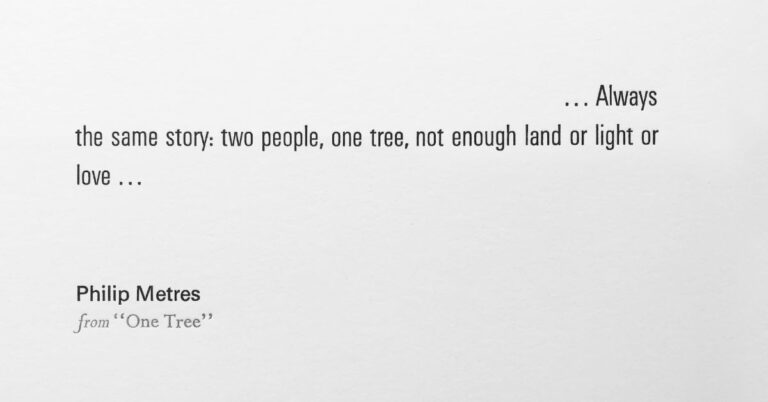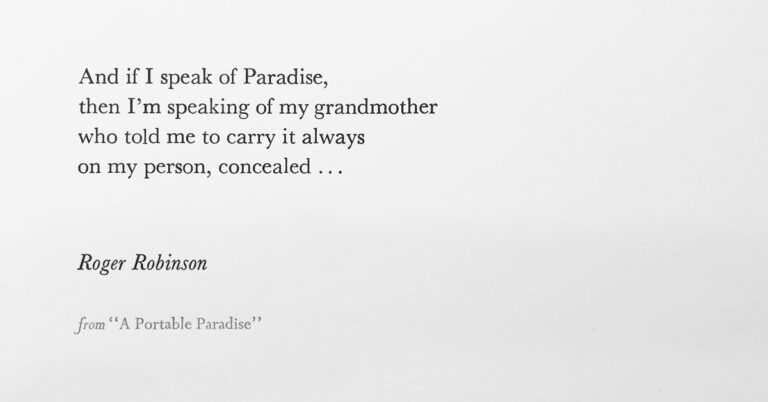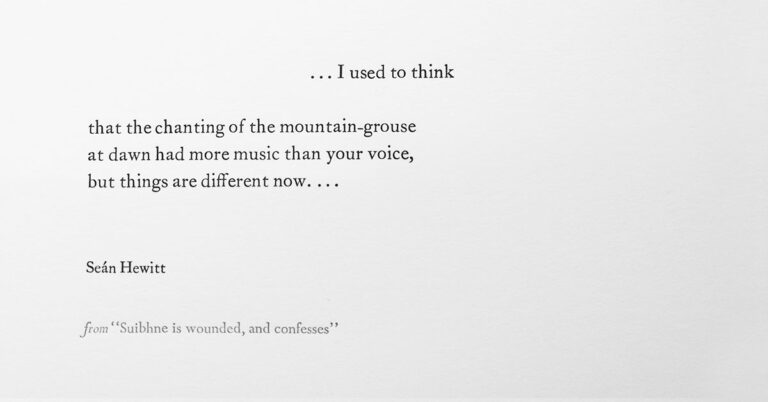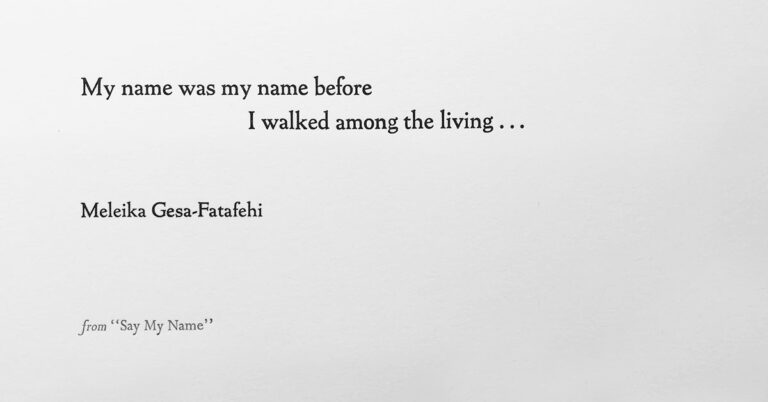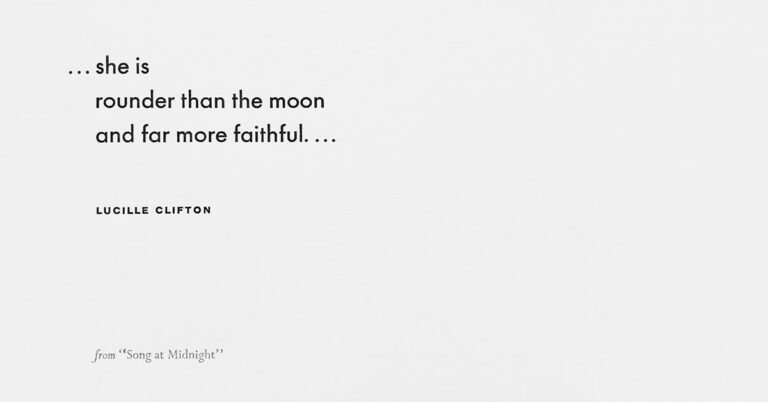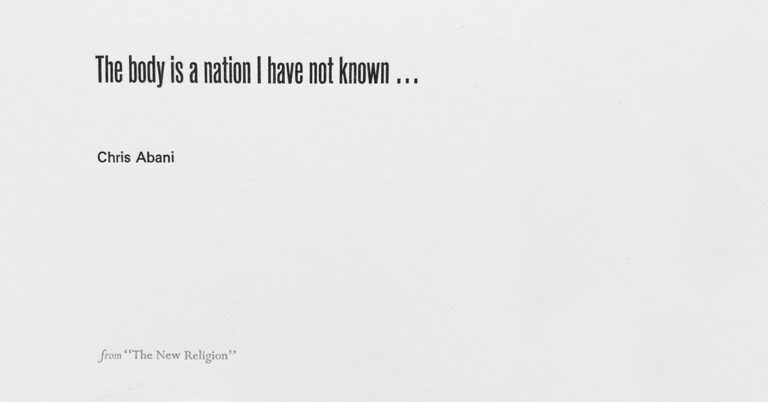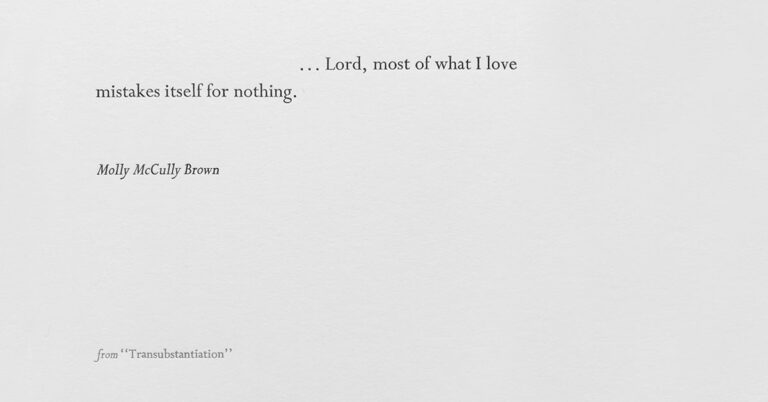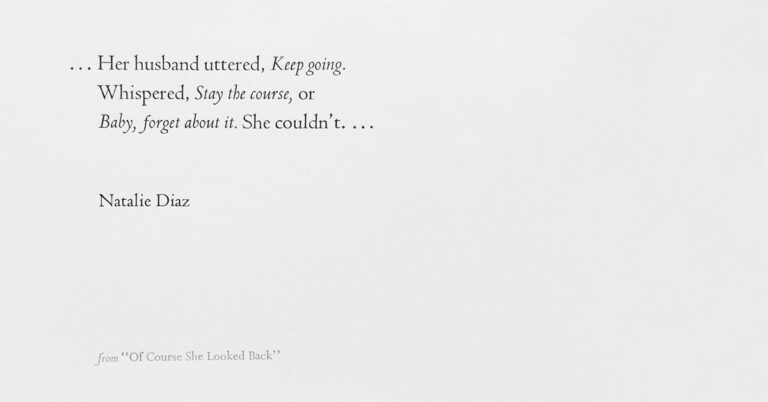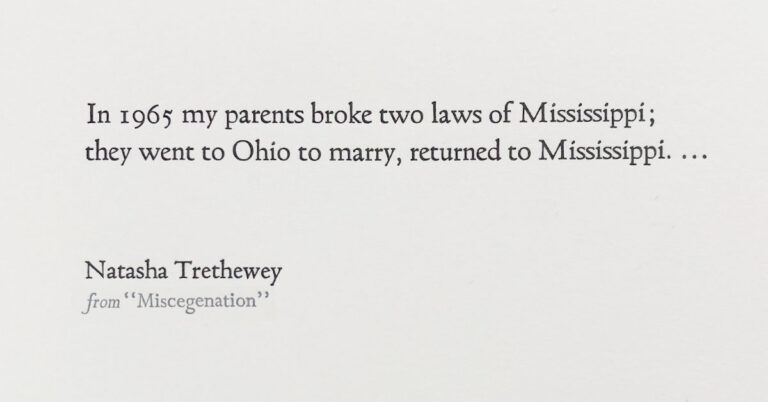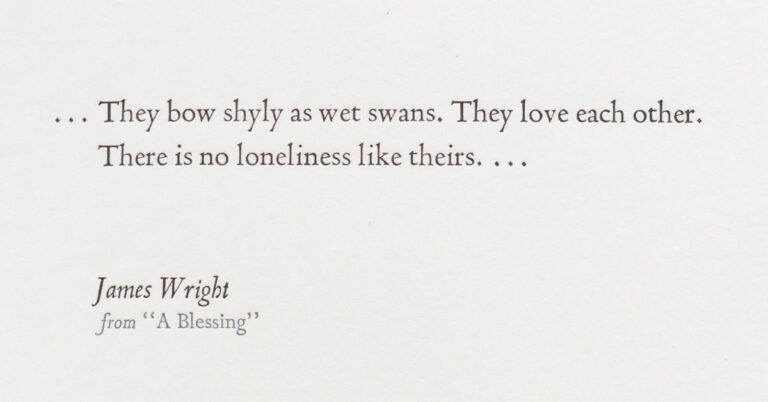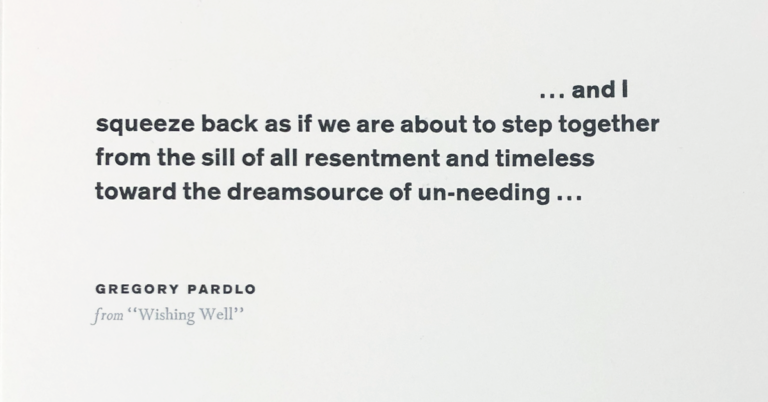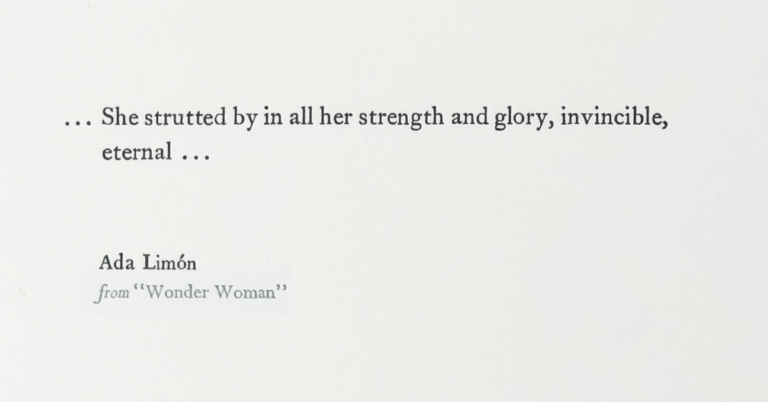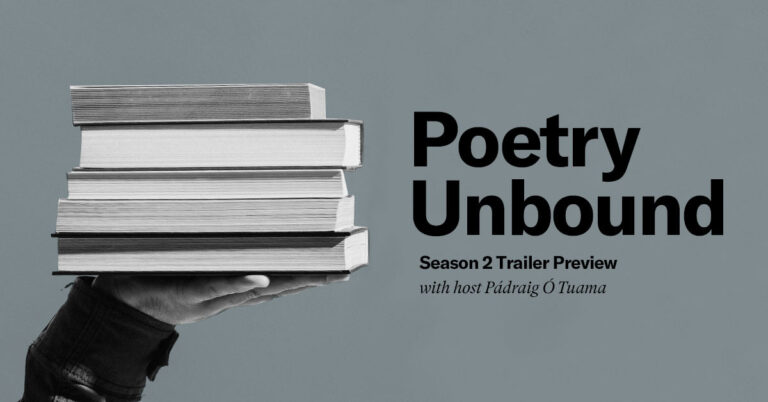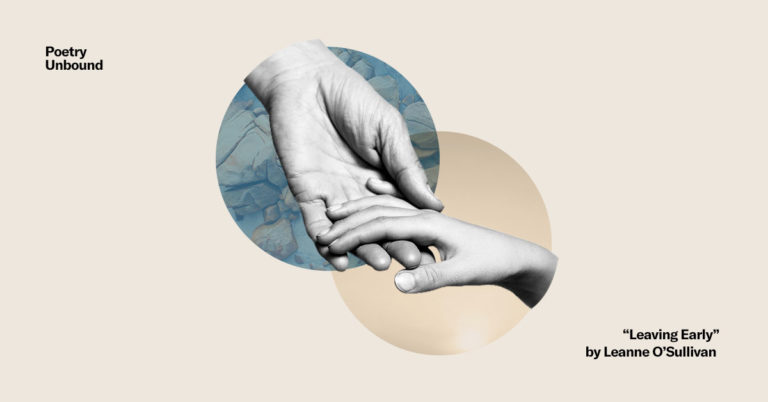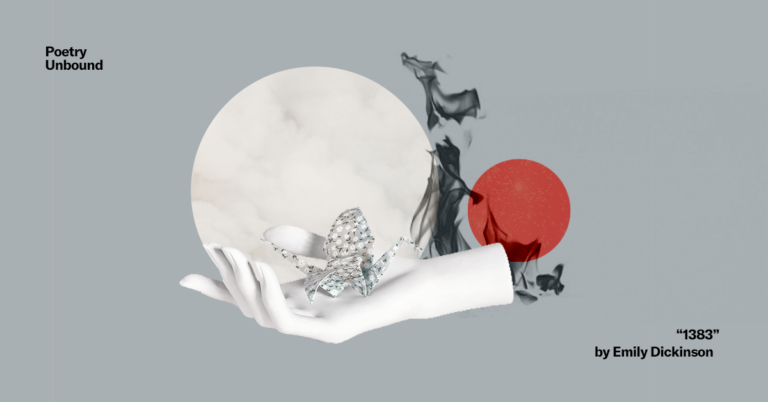November 6, 2020
Philip Metres
One Tree
What do you notice about how you behave in times of conflict? Do you tend toward avoidance? Or compromise? Or collaboration? Or competition? Or accommodation?
This poem describes a conflict between neighbors: a tree hangs over a fence. The owners love this tree; their neighbors don’t. Somebody responds directly, somebody else avoids, a chainsaw appears. Suddenly this conflict becomes a parable for all conflicts, illustrating how deep they can go and how often they cannot be resolved with a question about what to do.





